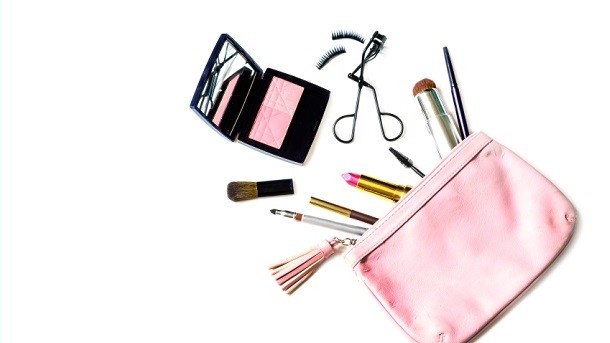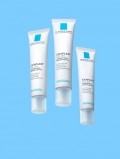CTPA refutes any suggestion that cosmetics cause breast cancer

The suggestions were made by US organisation, Breast Cancer Action (BCA), and while the CTPA says it does not want to question its aim to raise awareness of breast cancer and encourage ladies to check their breasts regularly, the trade association ‘categorically refutes’ any suggestions that cosmetic products or their ingredients can be the cause of breast cancer or hinder its vital treatment.
“Cosmetic products are one of the most studied and safest classes of consumer product on the market today,” says Dr Emma Meredith, a pharmacist and Director of Science at the CTPA.
“It is quite wrong for campaigns to question the safety of cosmetic products and so frighten people into thinking they have done something wrong to cause them to have cancer. Everyone can have confidence in the safety of their cosmetic products that are used daily by millions of people worldwide.”
Put quite simply, the CTPA says that if an ingredient were found to cause cancer as it is used in a cosmetic product it would, quite simply, be banned from use; a sentiment that the Personal Care Products Council (PCPC) in the US agrees with.
“Cosmetic and personal care products companies have a longstanding commitment to the safety of their products. Our industry is guided by the core value to do the right thing based on the best available science when addressing product safety,” says Lezlee Westine, President and CEO at the PCPC.
The suggestions arose as part of BCA’s campaign ‘Poison Isn’t Pretty’ campaign directed at the charity Look Good Feel Better (LGFB) in the US, claiming that a number of toxic ingredients were found in donated cosmetic products which are used in LGFB’s kits given to cancer patients.
EU legislation
In the EU, cosmetic products are covered by the EU Cosmetics Regulation, which covers the manufacture and supply of cosmetic products to European markets, and is focused on consumer safety.
In order to ensure this, each cosmetic product must undergo a safety assessment, taking into account all of the ingredients used, by a duly qualified and experienced safety assessor before it is made available for sale.
If the safety of an ingredient is called into question it is reviewed by the European Commission’s panel of independent experts, the Scientific Committee on Consumer Safety (SCCS).
















